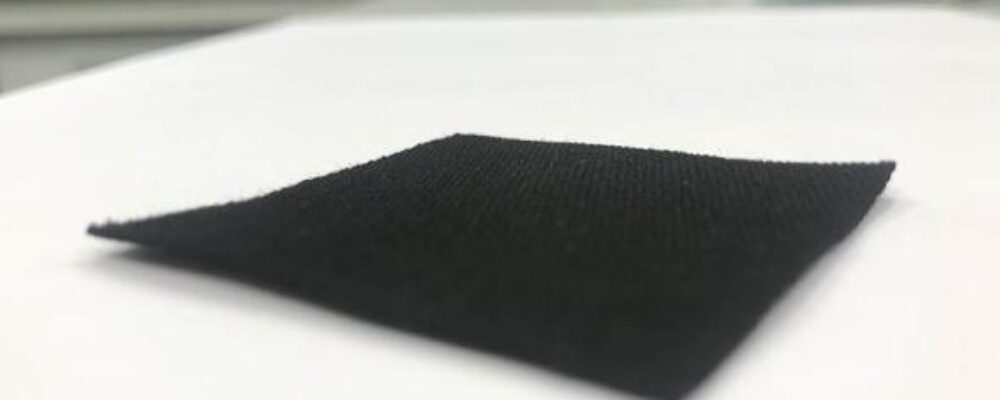
In addition to ultra-fast charging times, the batteries developed by Nyobolt – which was spun out of Professor Dame Clare Grey’s lab in the Yusuf Hamied Department of Chemistry in 2019 – do not suffer from the degradation issues associated with lithium-ion batteries.
Tests of the first running Nyobolt EV prototype will be used to validate the company’s battery performance in a high-performance environment.
Cambridge-based Nyobolt has used its patented carbon and metal oxide anode materials, low-impedance cell design, integrated power electronics and software controls to create power-dense battery and charging systems. These support the electrification of applications such as heavy-duty off-highway trucks, EVs, robotics and consumer devices that demand high power and quick recharge cycles.
Initial in-vehicle testing using 350kW (800V) DC fast chargers confirmed that the Nyobolt EV’s battery can be charged from 10 per cent to 80 per cent in four minutes 37 seconds – with a full charge enabling the prototype to achieve a range of 155 miles. That is twice the speed of most of the fastest-charging vehicles today.
Independent testing of the technology confirmed that Nyobolt’s longer-lasting and more sustainable batteries can achieve over 4,000 fast charge cycles, or 600,000 miles, maintaining over 80 per cent battery capacity retention. This is many multiples higher than the warranties of much larger EV batteries on the road today.
“Nyobolt’s low impedance cells ensure we can offer sustainability, stretching out the battery’s usable life for up to 600,000 miles in the case of our technology demonstrator,” said company co-founder and CEO, Dr Sai Shivareddy.
The battery pack in the Nyobolt EV prototype not only adds miles faster but the compact battery pack size enables energy-efficient electric vehicles that are cheaper to buy and run, and crucially use fewer resources to manufacture.
“Nyobolt is removing the obstacle of slow and inconvenient charging, making electrification appealing and accessible to those who don’t have the time for lengthy charging times or space for a home charger,” said Shane Davies, Nyobolt’s director of vehicle battery systems.
Nyobolt’s battery assembly plans could be in production at low volume within a year, ramping to 1,000 packs in 2025. Nyobolt’s flexible manufacturing model enables volumes of up to two million cells per year.
Nyobolt’s technology builds on a decade of battery research led by Grey and Shivareddy, who invented cutting-edge supercapacitors. Key to the company’s ability to offer ultra-fast charging without impacting battery life is its low-impedance cells that generate less heat, making it easier to manage such high-power levels during charging. Its anode materials in lithium-ion battery cells allow for a faster transfer of electrons between the anode and cathode.
Nyobolt is in conversation with a further eight vehicle manufacturers about adopting its technology. Alongside automotive applications, Nyobolt’s fast-charging technology is set to be used this year in robotics.
“Our extensive research here in the UK and in the US has unlocked a new battery technology that is ready and scalable right now,” said Shivareddy. “We are enabling the electrification of new products and services currently considered inviable or impossible. Creating real-world demonstrators, such as the Nyobolt EV, underlines both our readiness and commitment to making the industries see change is possible.”
Adapted from a Nyobolt media release.
“The University of Cambridge is a public collegiate research university in Cambridge, England. Founded in 1209, the University of Cambridge is the third-oldest university in continuous operation.”
Please visit the firm link to site






